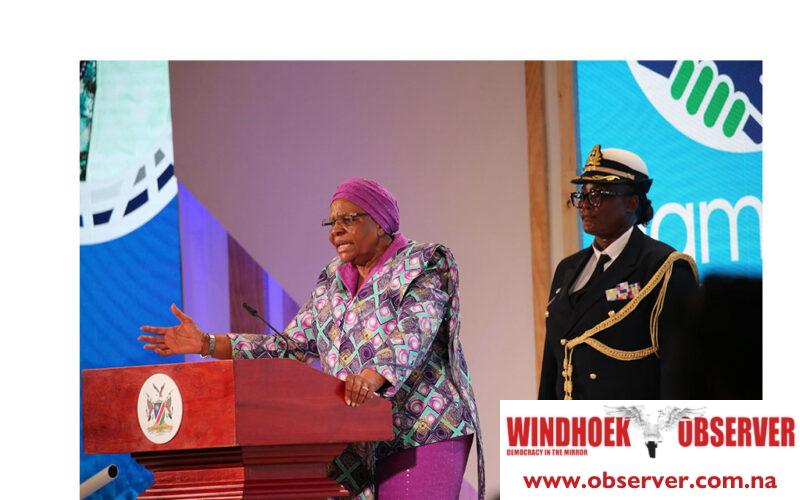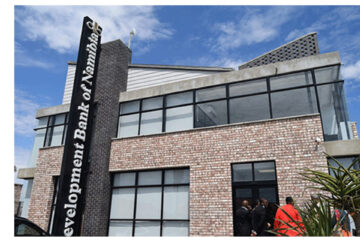Chamwe Kaira
Namibia’s first Public-Private Forum (NamPPF), held this week, marks a new step in the country’s effort to achieve inclusive growth, job creation, and competitiveness, according to Nangula Nelulu Uaandja, chairperson of the NamPPF coordinating committee.
Speaking at the opening session, Uaandja said Namibia’s economic challenges, including a 36.9% unemployment rate and 46% youth unemployment, demand stronger cooperation between the government and private sector.
“Almost half of Namibians are either monetarily or multidimensionally poor. This forum exists because no single sector can solve these structural issues alone. We must co-create and co-own the solutions,” she said.
Uaandja said the NamPPF is a formal platform for public-private dialogue, a model that has worked in many economies.
She said the Forum will ensure regular engagement, joint monitoring, and annual reporting.
“Public-private dialogue isn’t just talk. It is a driver of growth,” she said. “The NamPPF will ensure that Namibia benefits from this kind of structured collaboration.”
The idea for the NamPPF was introduced in the Harambee Prosperity Plan II, which called for institutionalised dialogue.
The cabinet approved the concept in September 2024.
In 2025, consultations between public and private entities led to the creation of the NamPPF coordinating committee.
The committee includes six representatives each from government and the private sector, chaired by the President, with the National Planning Commission (NPC) leading the public sector delegation.
The forum’s goals support the government’s plan to create 500 000 jobs by 2030, focusing on youth, women and inclusive growth.
Uaandja said this target requires shared responsibility from government and business leaders who drive investment, innovation, and employment.
The first session brought together working groups focused on agriculture, energy, mining, manufacturing, skills development, MSME growth, and infrastructure.
Each group presented practical proposals to promote reforms and growth.
“Our discussions are not about finger-pointing,” Uaandja said.
The NPC will monitor progress each year, while the Namibia Investment Promotion and Development Board (NIPDB) will act as the forum’s secretariat.
Uaandja urged participants to stay focused and practical.
“Let us engage proactively and respectfully, always keeping in mind that we are here for the benefit of our country. If we prioritise the game-changing issues and stay united in purpose, Namibia can turn dialogue into delivery.”




